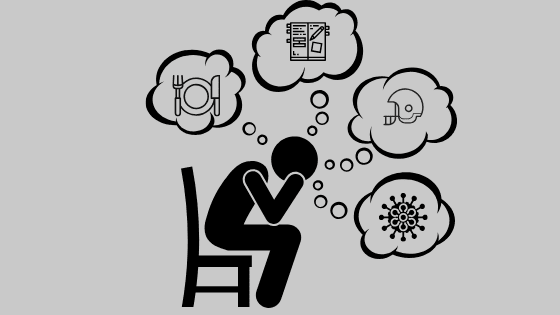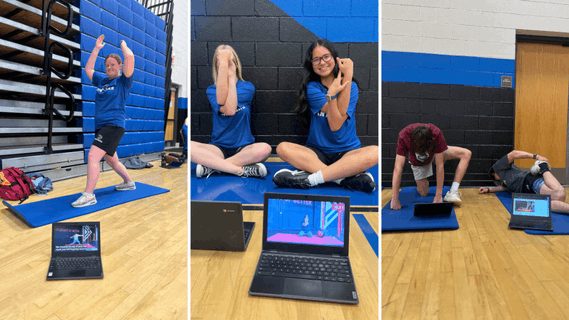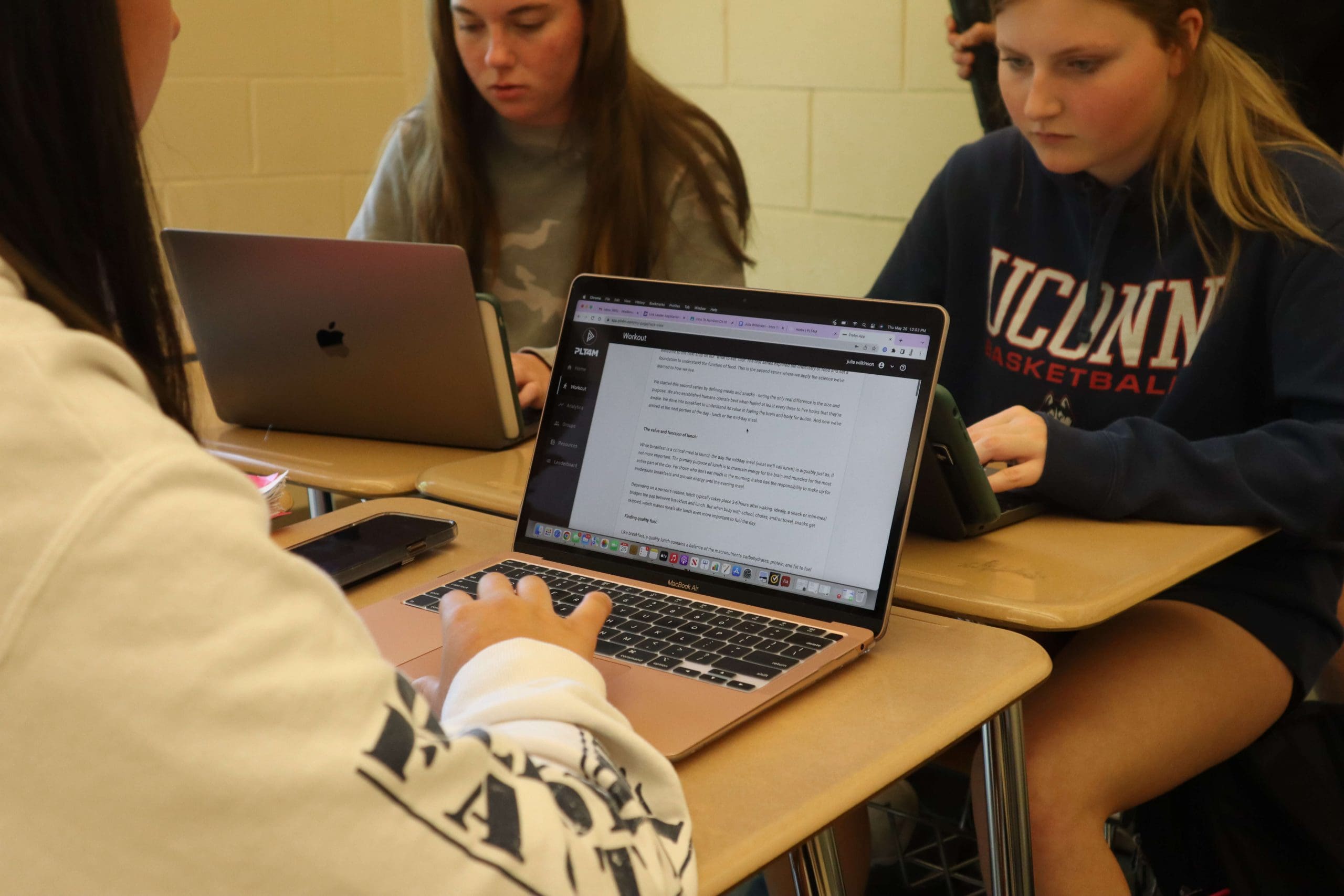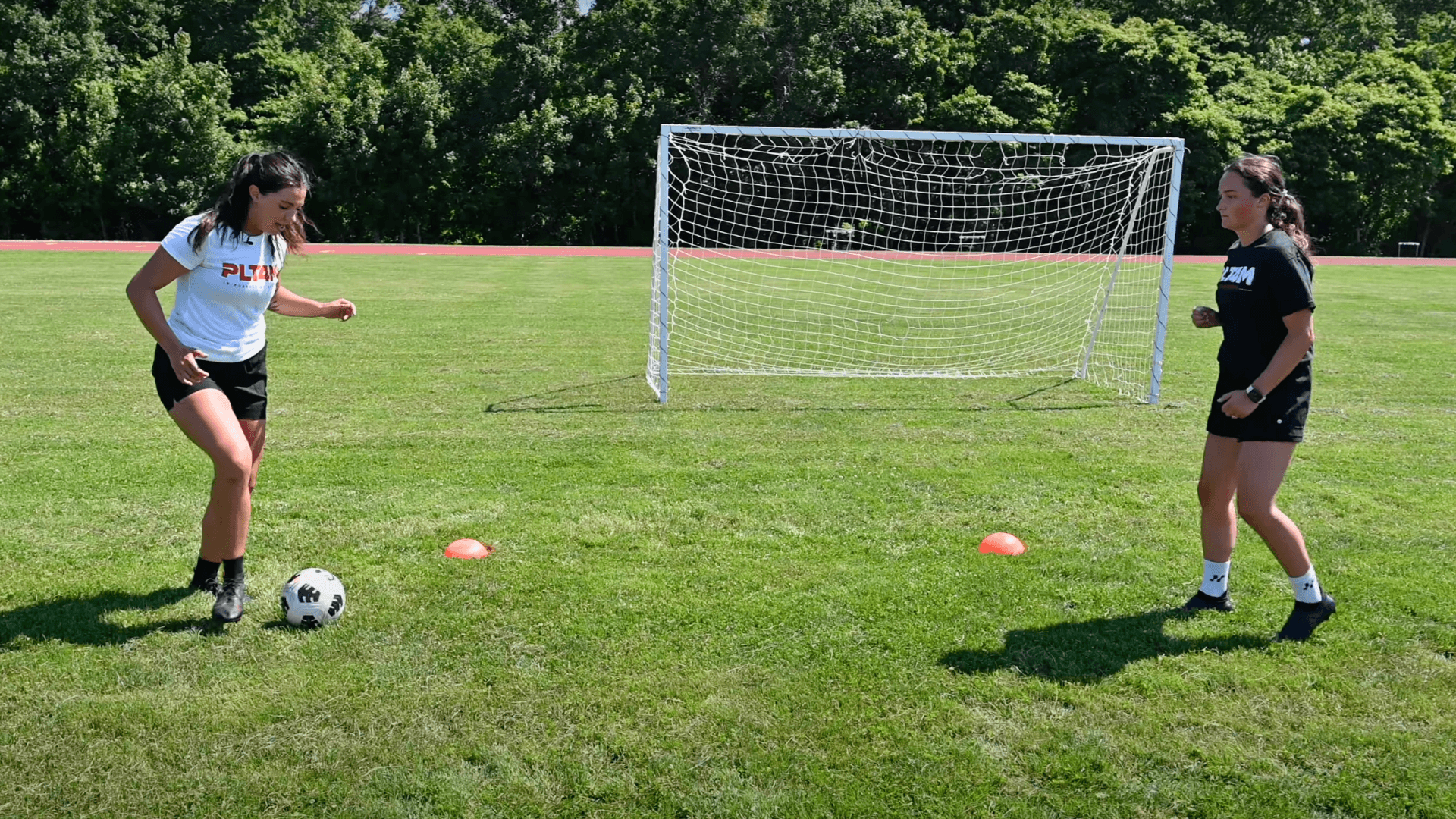[vc_row][vc_column][vc_column_text]
6 Tips To Navigate Stress Eating

Share this article:
Recent Posts
Interested if PLT4M can work at your school?
Follow Us!
Big thanks to @PLT4M for highlighting some of the special things we do in our BHS weight training classes!!
Bloomington has evolved weight training classes through a renovated space, new technology, and a fresh approach to workout plans. See how!
What does your Middle School Health Curriculum look like?

Middle School Health Curriculum
PLT4M's middle school health curriculum can empower students with the knowledge and skills to make healthy choices now and into the future!
hubs.li
“We want students to lift and exercise in high school, but also for the rest of their lives. That means we want to develop lifelong skills that promote health and safety throughout our classes.”

Life Lessons & Lifting - Inside The Waynesville Weight Room
At Waynesville High School, students are working hard, seeing results, and building lifelong physical and mental skills.
hubs.li
In what ways can our schools, specifically PE and Health Departments, mitigate the mental burden our students are currently under?

How To Improve Mental Health In Schools
We explore how to improve mental health in schools using physical education and health classes as a conduit for success.
hubs.li
PE Final Exam. PT and then graphing progress/data in the Athletic Training Facility. @BR_Schools @plt4m
“When we give students more choice, they are more likely to engage. Choice has helped students staying on task, working hard, and seeing health and wellness benefits.”

Paradise PE's Push For Student Choice and Engagement
Paradise High School in Arizona has pushed for student choice in physical education that has led to new levels of student engagement.
hubs.li




